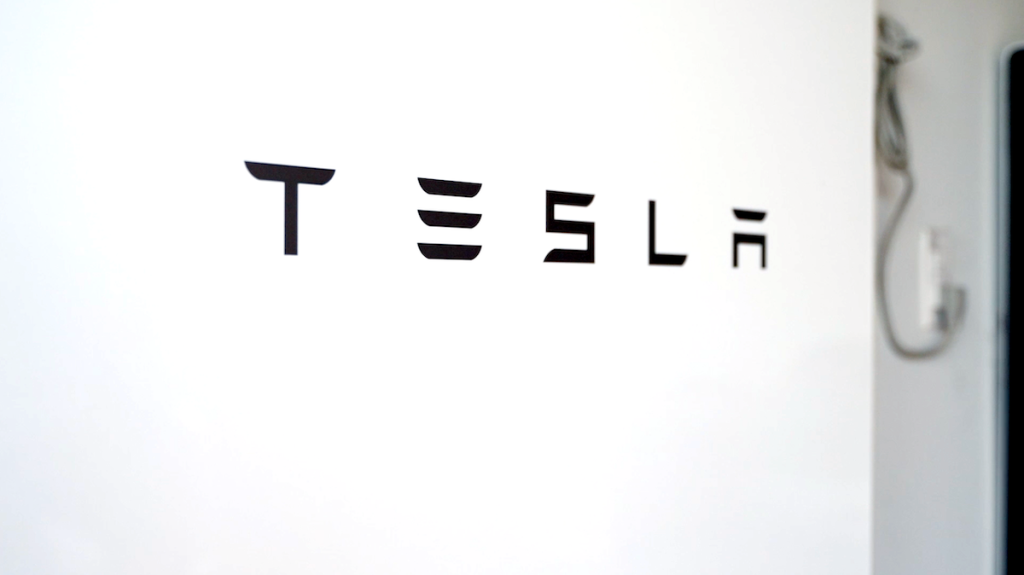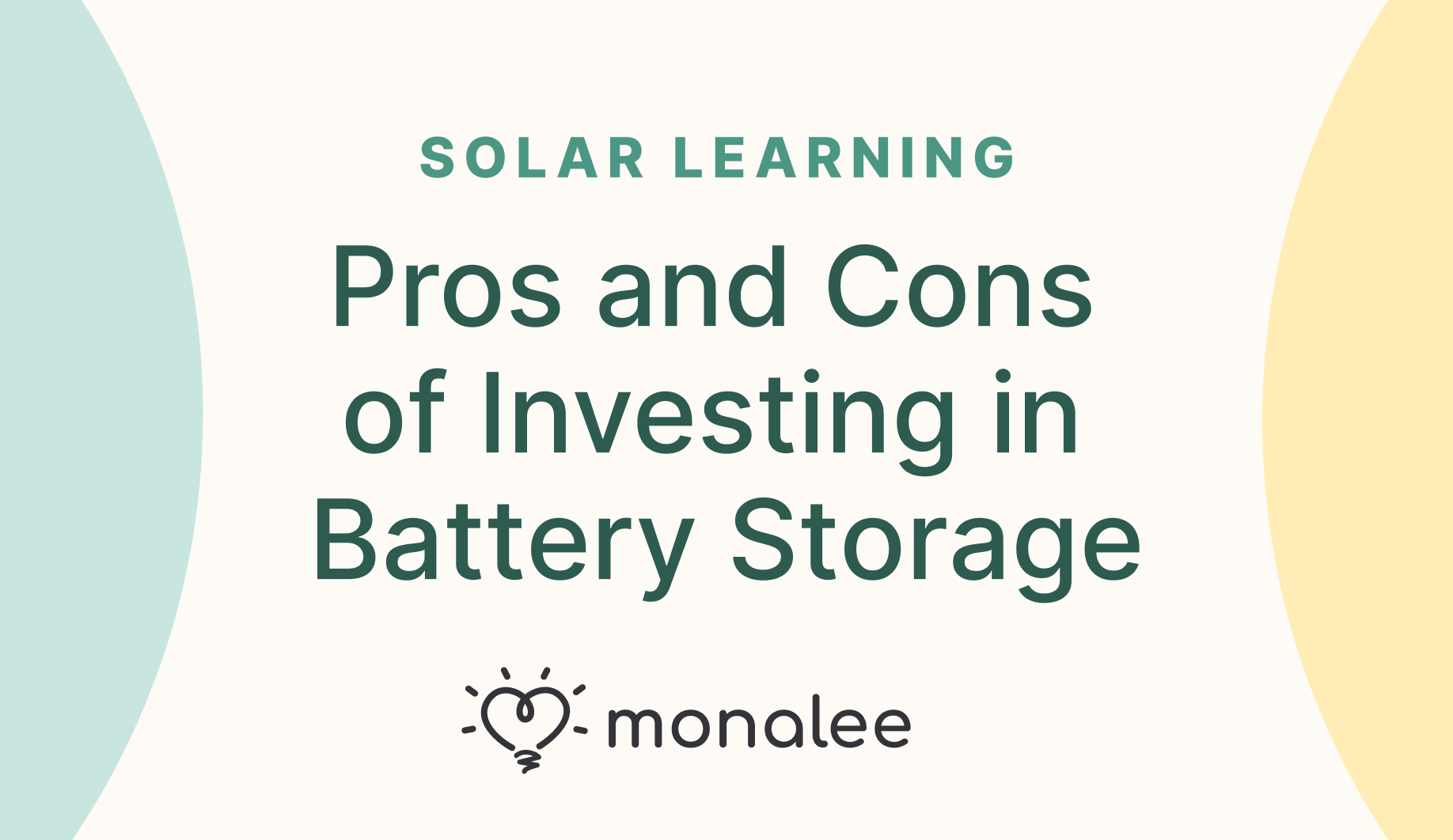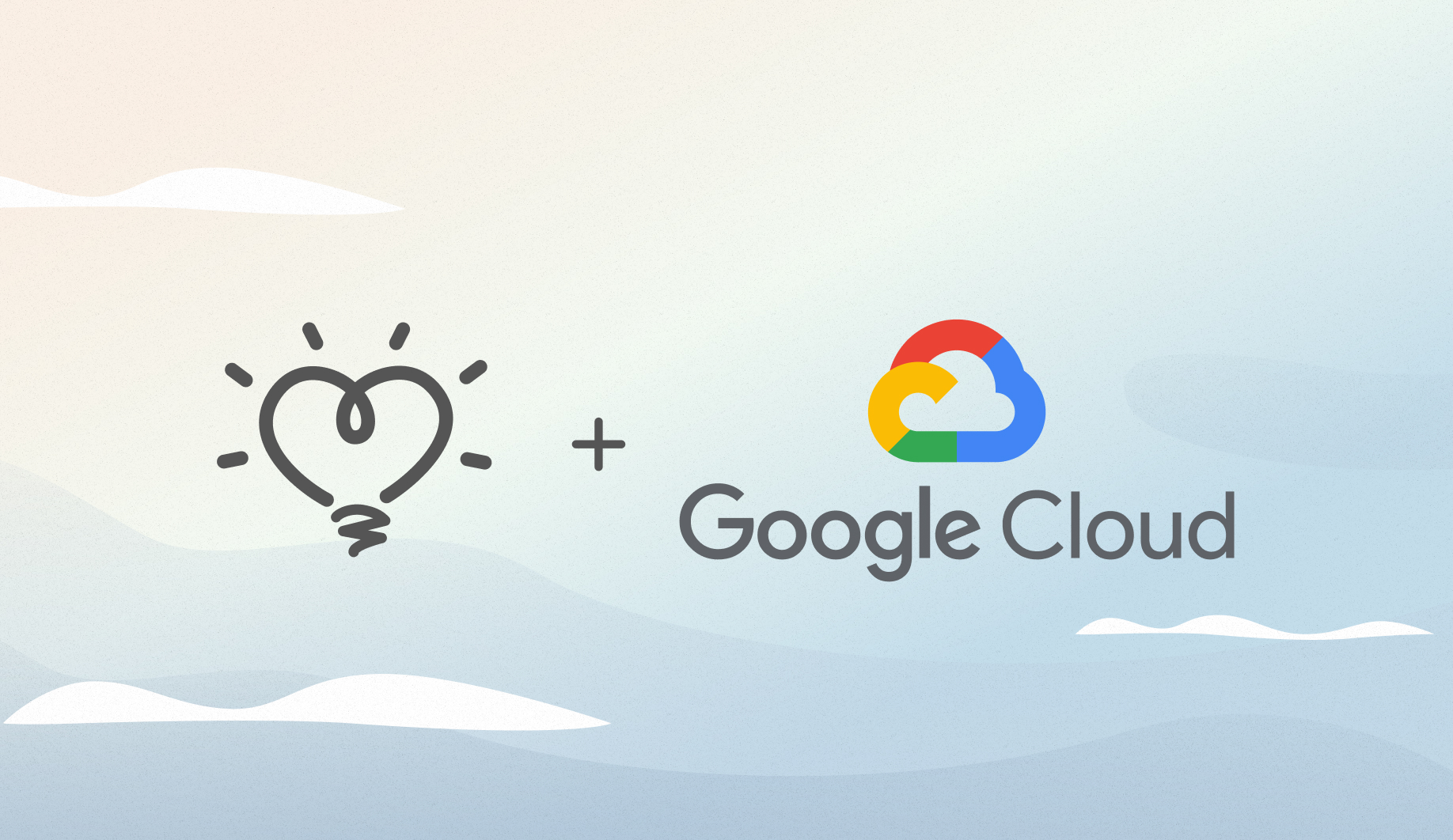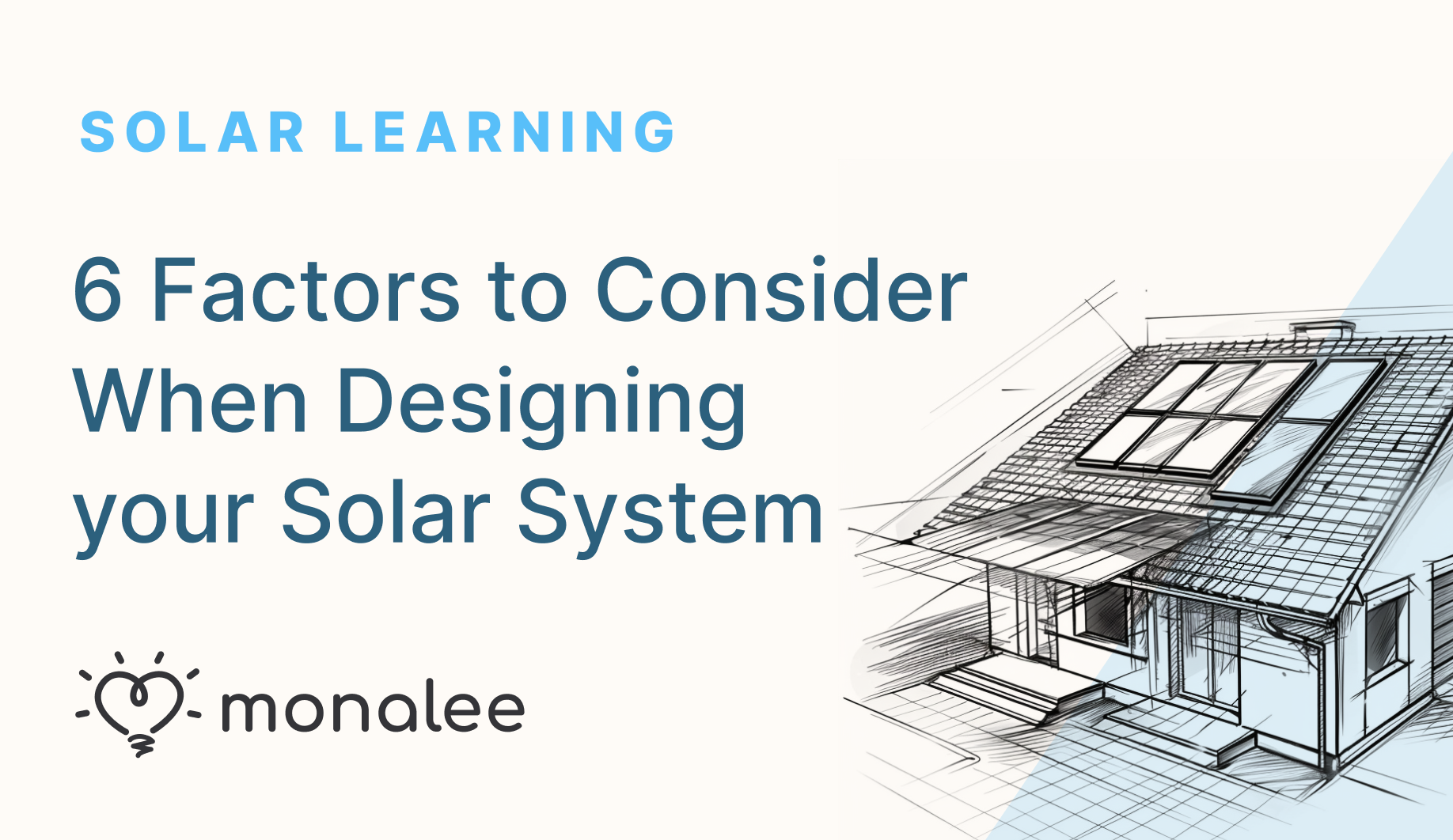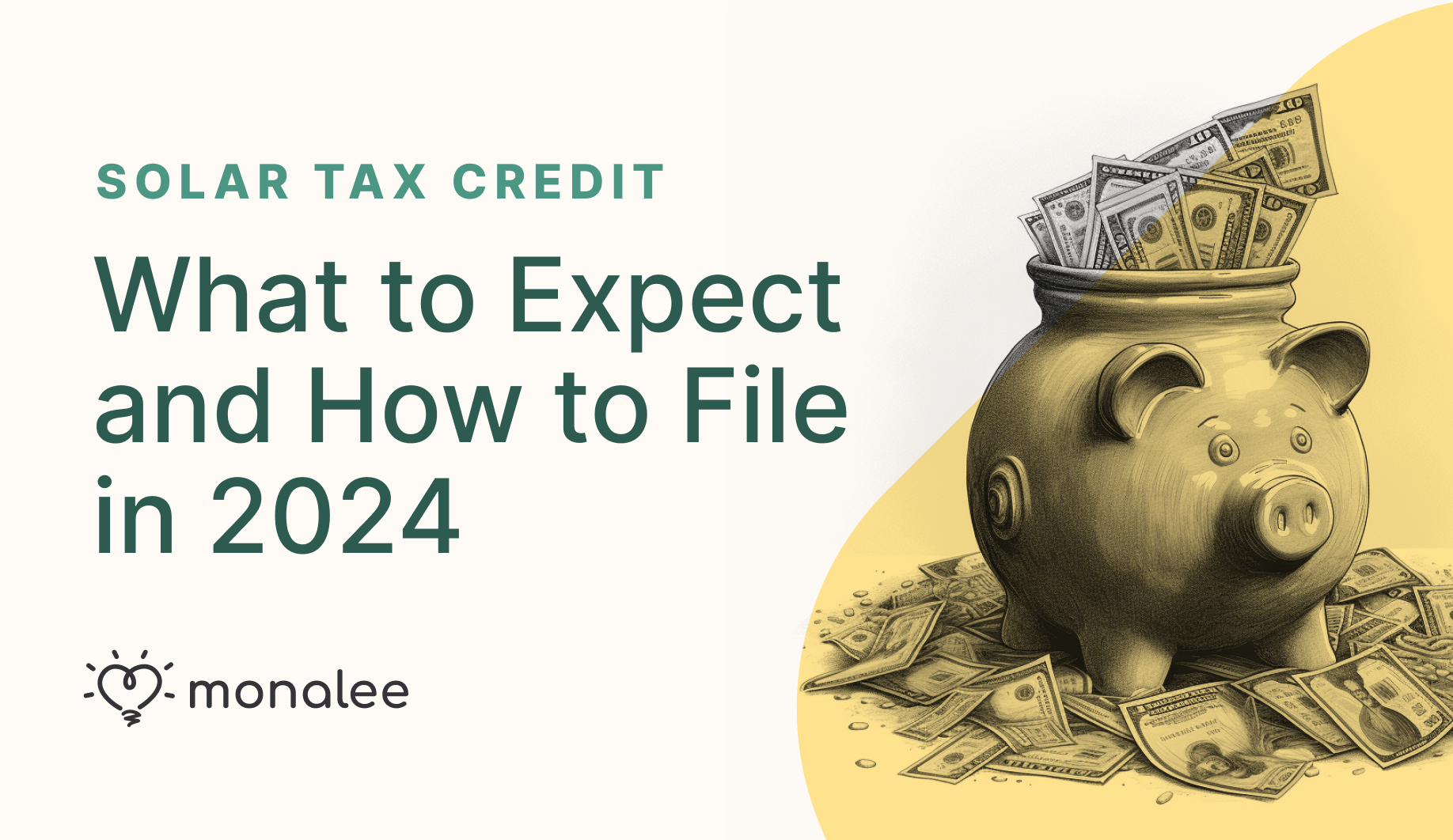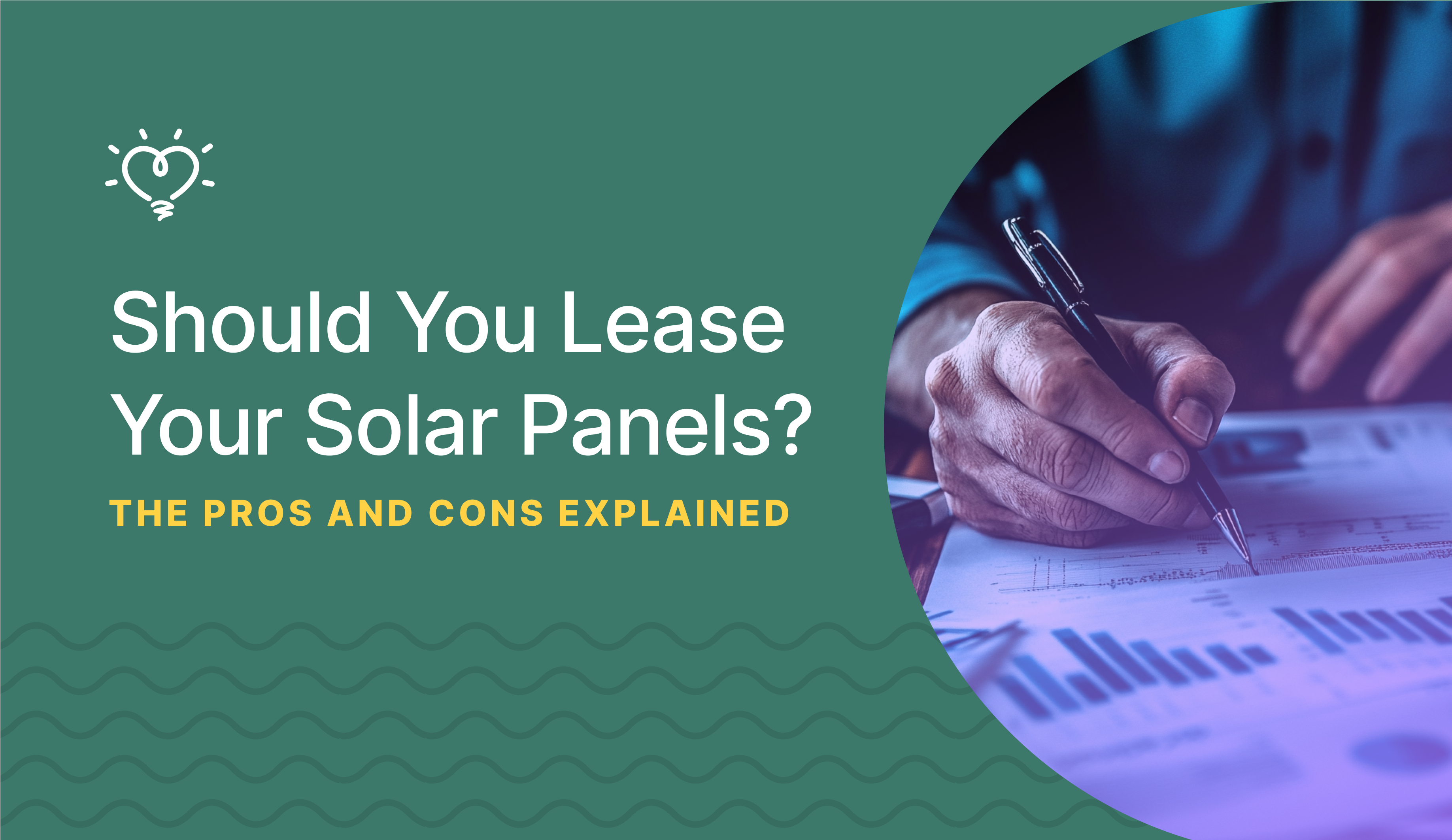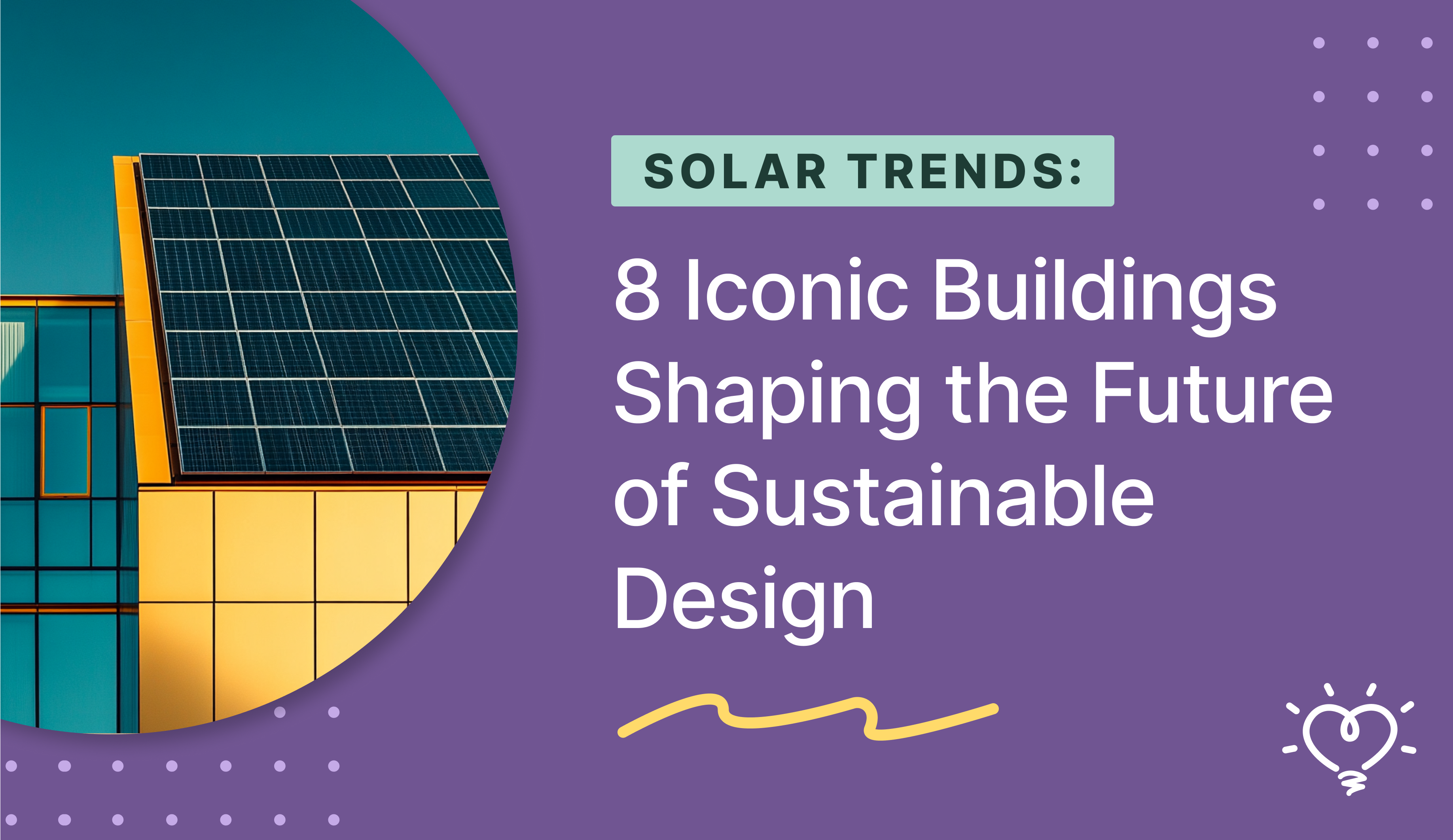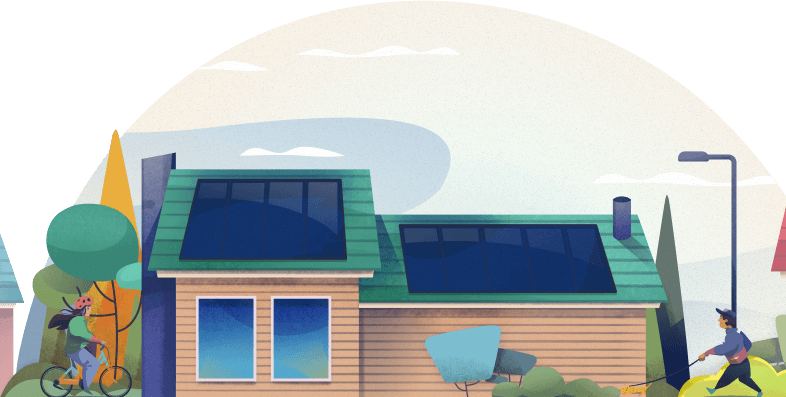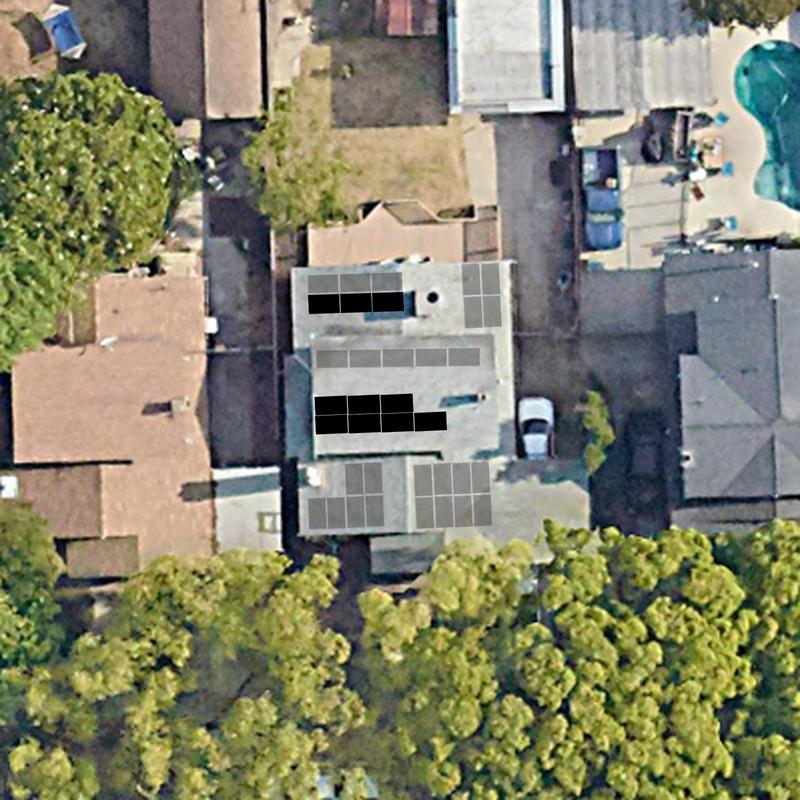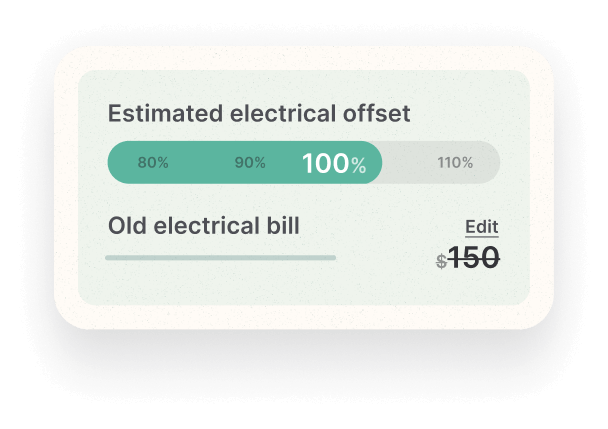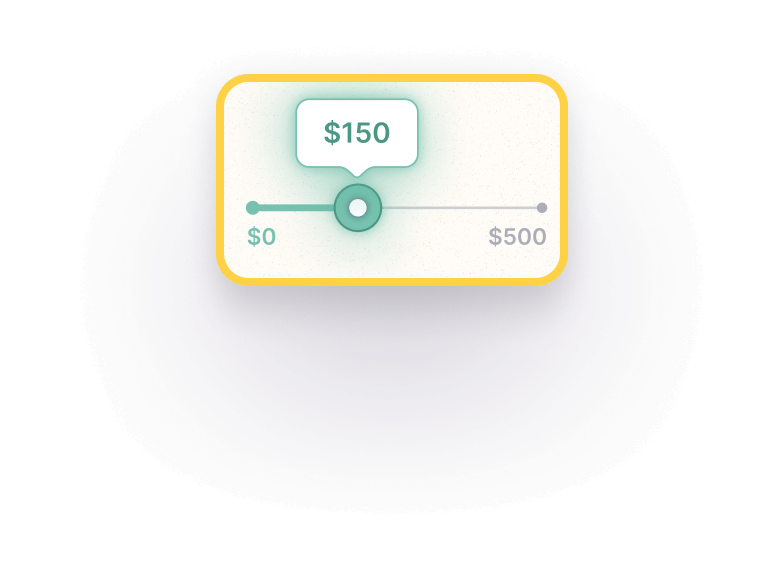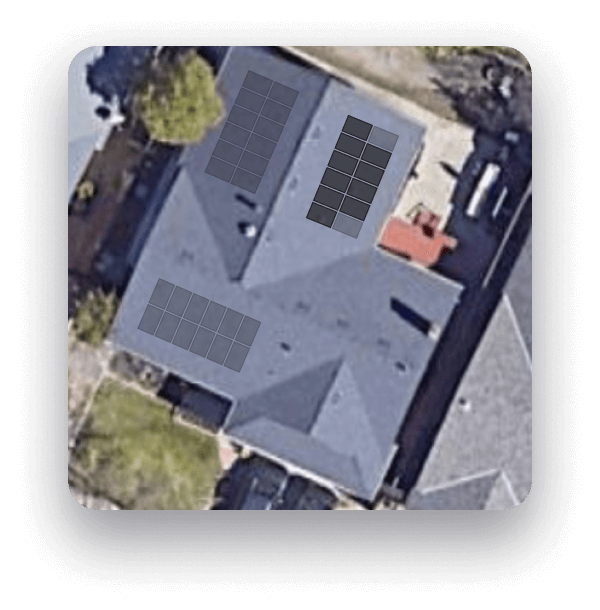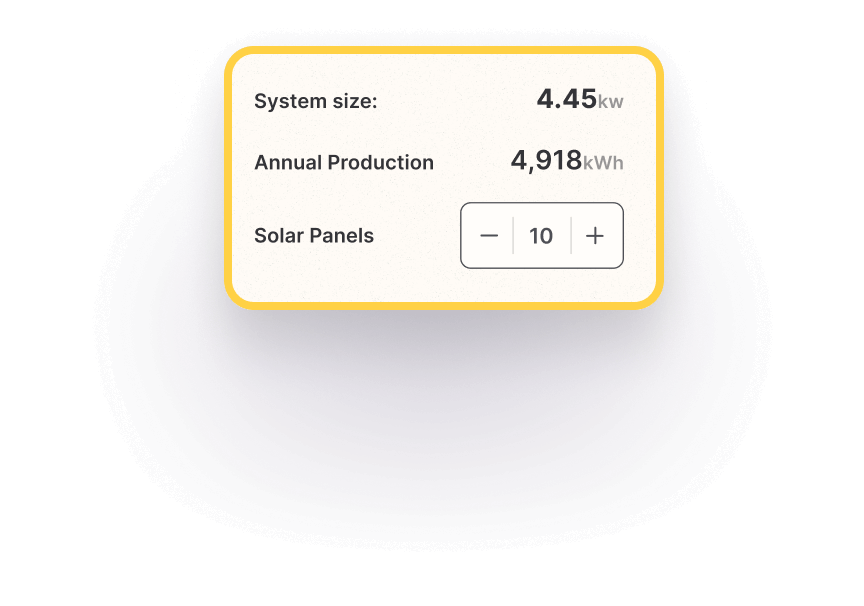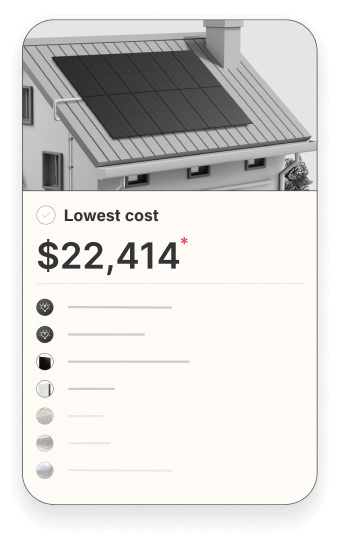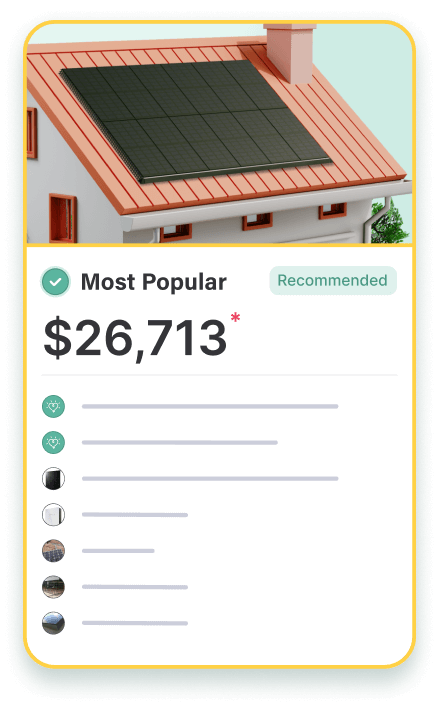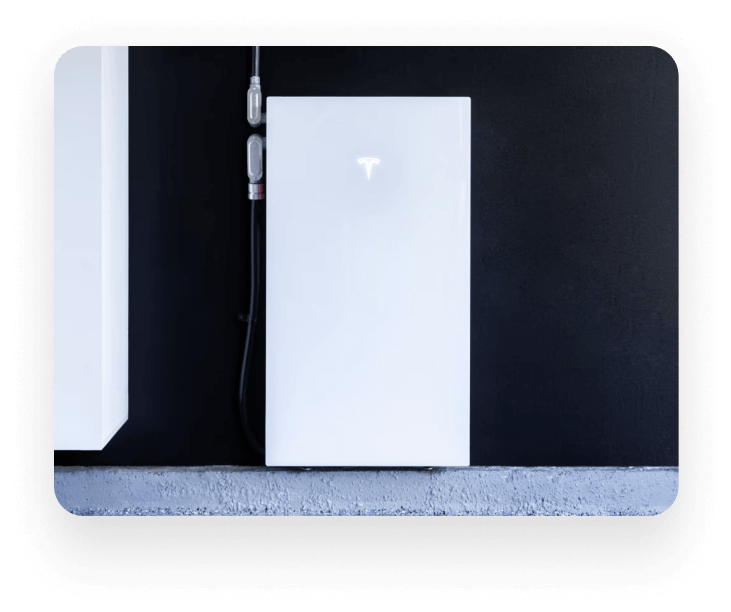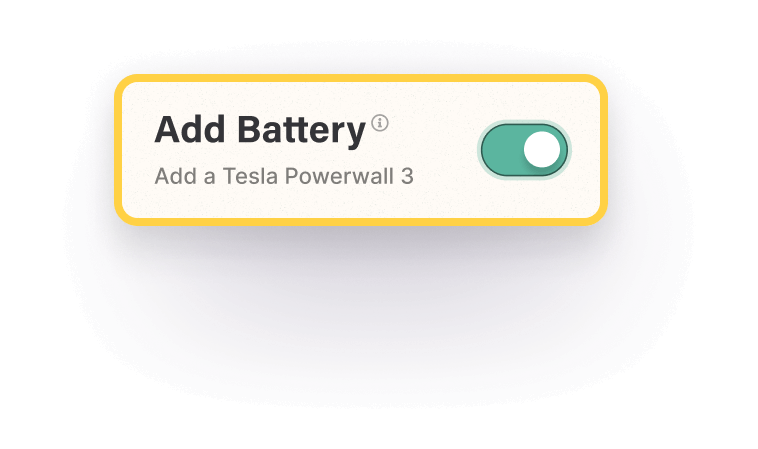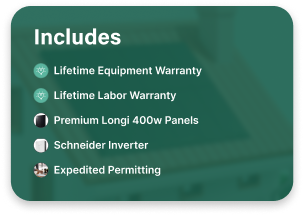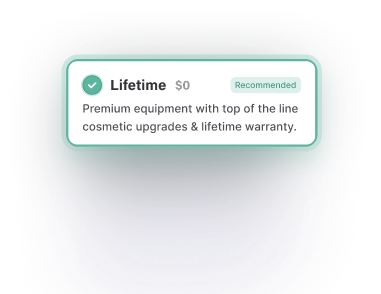Here are the pros and cons of investing in a solar panel backup battery for your solar design.
Moving toward solar power is a step in the right direction for homeowners.
From reduced utility bills to easy maintenance, there are several ways solar energy can benefit your home and help you transition to a more sustainable lifestyle.
But because solar installation is an investment at the beginning, it makes sense to want to know everything you can about what you may (or may not) need down the road. One of the big questions first-time homeowners have is about battery storage.
Do you need it?
It all depends on what you need for your home and lifestyle. Today, we’re exploring the pros and cons of investing in a solar panel backup battery for your solar design so you can feel confident in your investment.
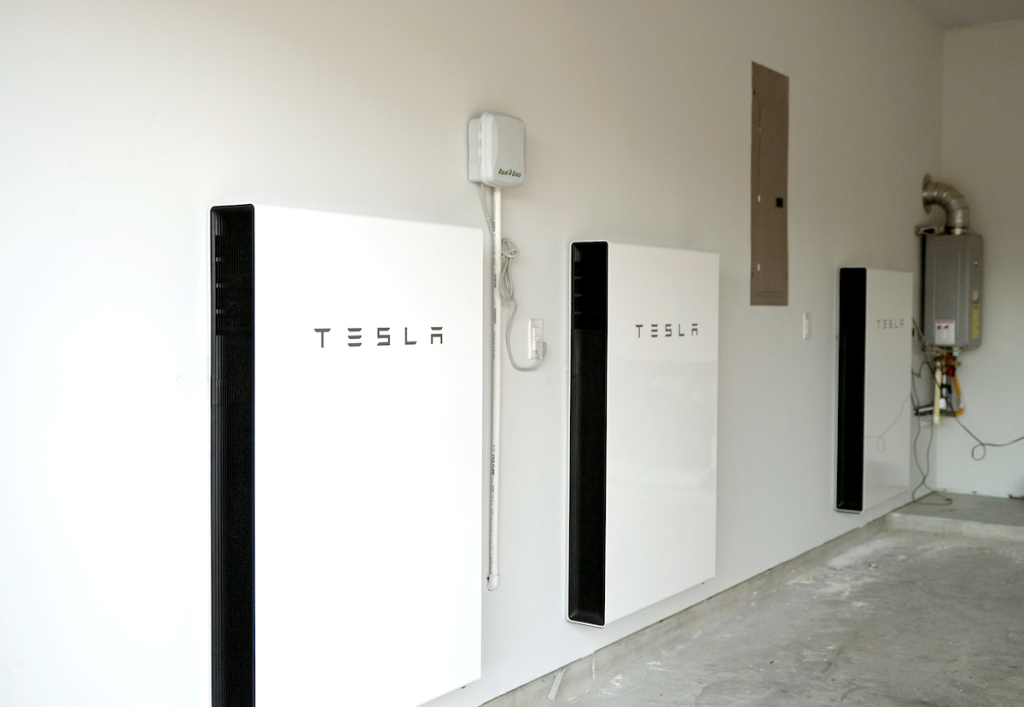
Solar Panel Battery Backup Storage: Pros and Cons
Before buying a solar panel battery bank for the home, it’s a good idea to review the basics.
There are four common solar battery types:
- Nickel-cadmium
- Lead acid
- Lithium-ion
- Flow battery
Each of these battery types is best suited to certain environments or needs.
Lithium-ion batteries – like in the Tesla Powerwall 2, for example – are more expensive than lead acid, but are best for residential properties thanks to the low maintenance requirements and extensive lifespan.
Investing in a battery does come with some pros and cons, so consider these when determining if it’s necessary for your home:
Pros
- Keeps essential appliances and power running to the home in case of a power outage or blackout. Having battery storage available means you’re ready for any emergency.
- Allows you to go independent from utility rates, as you can use stored power at night and reduce tapping into the grid. If you still want to connect to the grid, battery storage offers homeowners more power, flexibility, and efficiency.
- Quieter than generators and safe both inside and outside the home
Cons
- Additional cost on top of solar PV system, making it a bigger upfront investment
- Limited capacity to store power. For homes that require a significant amount of power, lithium-ion battery storage might not be able to meet demands without going to a larger, more expensive battery system (flow batteries, for example).
- Batteries come with safety concerns requiring maintenance. Without proper maintenance and ventilation, there’s a risk that they might overheat or catch fire.
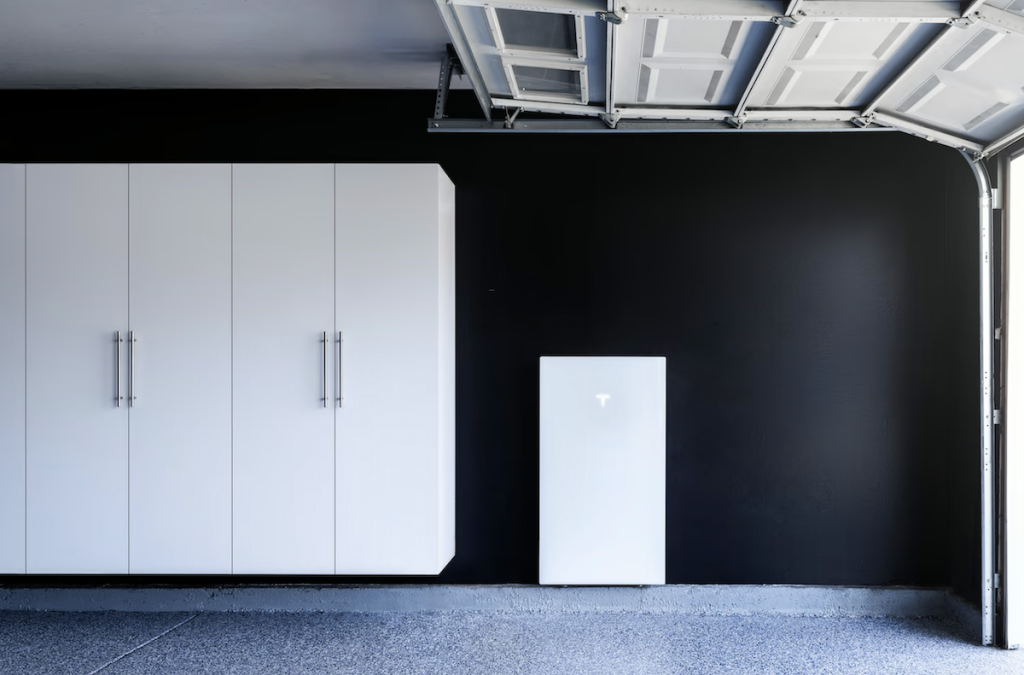
Common Questions About Solar Panel Battery Storage
Will solar panels provide power during an outage?
Whether you generate some or all of your power through solar panels, it’s important to understand that utility companies don’t allow homes to be powered by solar during an outage.
The only way you’ll still get solar power to the home during a power outage is through a storage battery or generator. Because most solar installations don’t include a battery storage system, investing in one is a good idea if you experience frequent power outages.
Do I need to buy a solar panel battery?
Most homeowners find they get ample solar power without needing battery storage. It comes down to preference, really.
If you want to limit electricity usage from the utility company or live in an area with frequent power outages, having a battery to keep things running offers peace of mind for the health and safety of your family.
Another factor to consider is potential changes to Net metering, or NEM, over time as utility companies reduce or eliminate the program.
Net metering is when homeowners get credit for any electricity they ‘sell’ back to the grid.
For example, if your solar panels generate more energy during the daytime to power your home than it requires, that excess energy is offloaded and homeowners are paid as credit on the utility bill.
Can I invest in battery storage after solar installation?
Absolutely. Once your solar installation is complete, getting a feel for how your home and family require energy is a good idea and helps you identify any trends or patterns in energy consumption.
If you want to install one later, reach out, and install partners can add one to your system. By choosing Monalee for your solar needs, homeowners can access a dedicated Customer Success Manager as a point of contact at any point, making the addition simple.
Whether you’re interested in learning more about battery storage for your solar panels or want to know if it makes sense, Monalee is ready to help.
